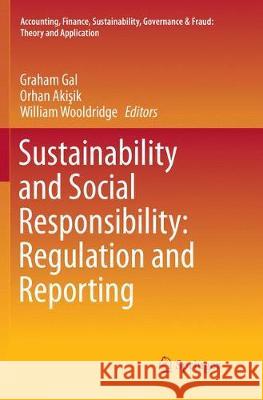Sustainability and Social Responsibility: Regulation and Reporting » książka
topmenu
Sustainability and Social Responsibility: Regulation and Reporting
ISBN-13: 9789811351525 / Angielski / Miękka / 2018 / 525 str.
Kategorie:
Kategorie BISAC:
Wydawca:
Springer
Seria wydawnicza:
Język:
Angielski
ISBN-13:
9789811351525
Rok wydania:
2018
Wydanie:
Softcover Repri
Ilość stron:
525
Waga:
0.90 kg
Wymiary:
15.8 x 23.7 x 2.7
Oprawa:
Miękka
Wolumenów:
01











